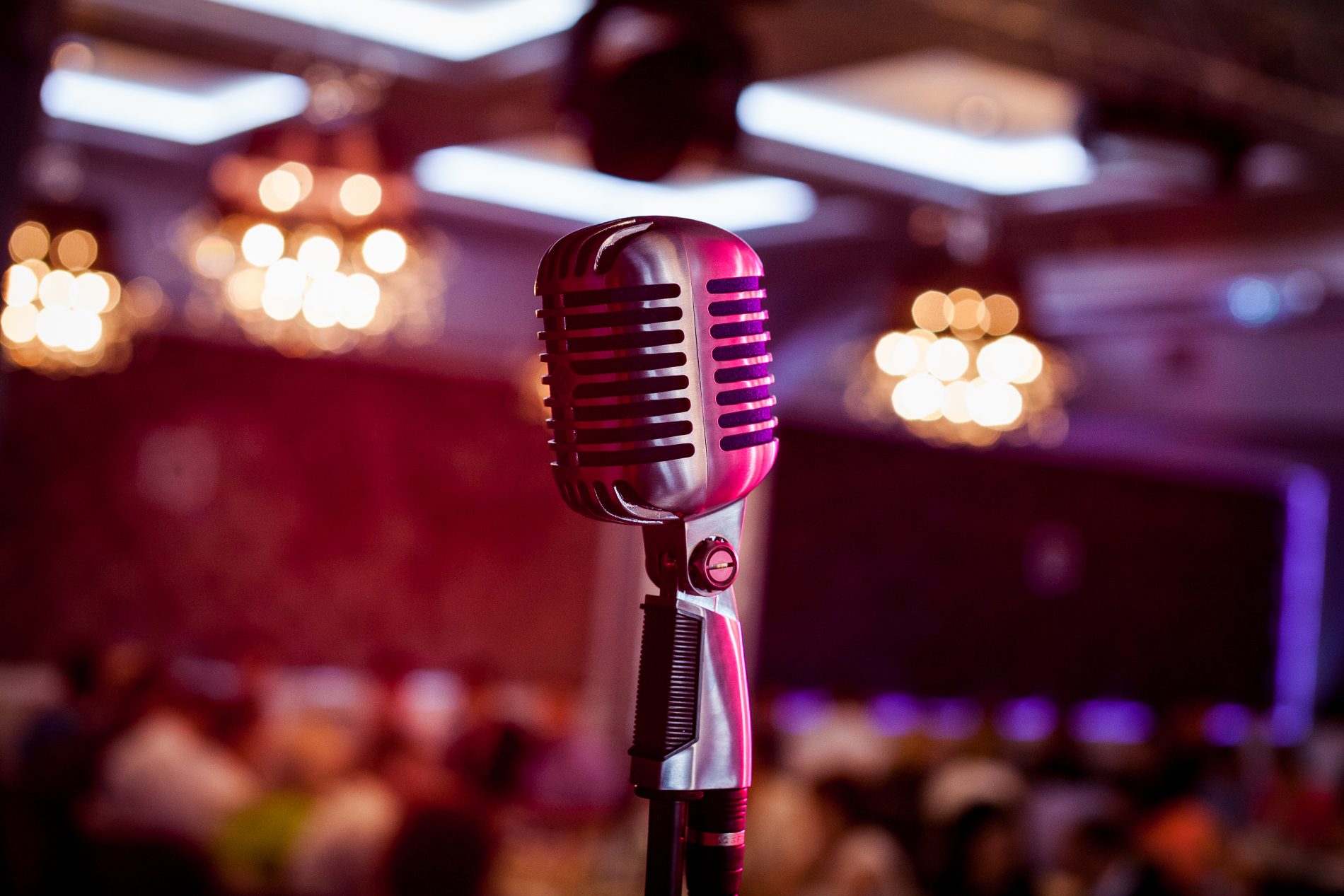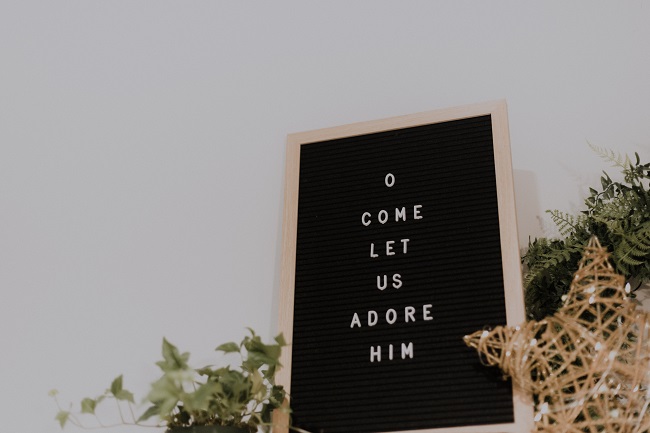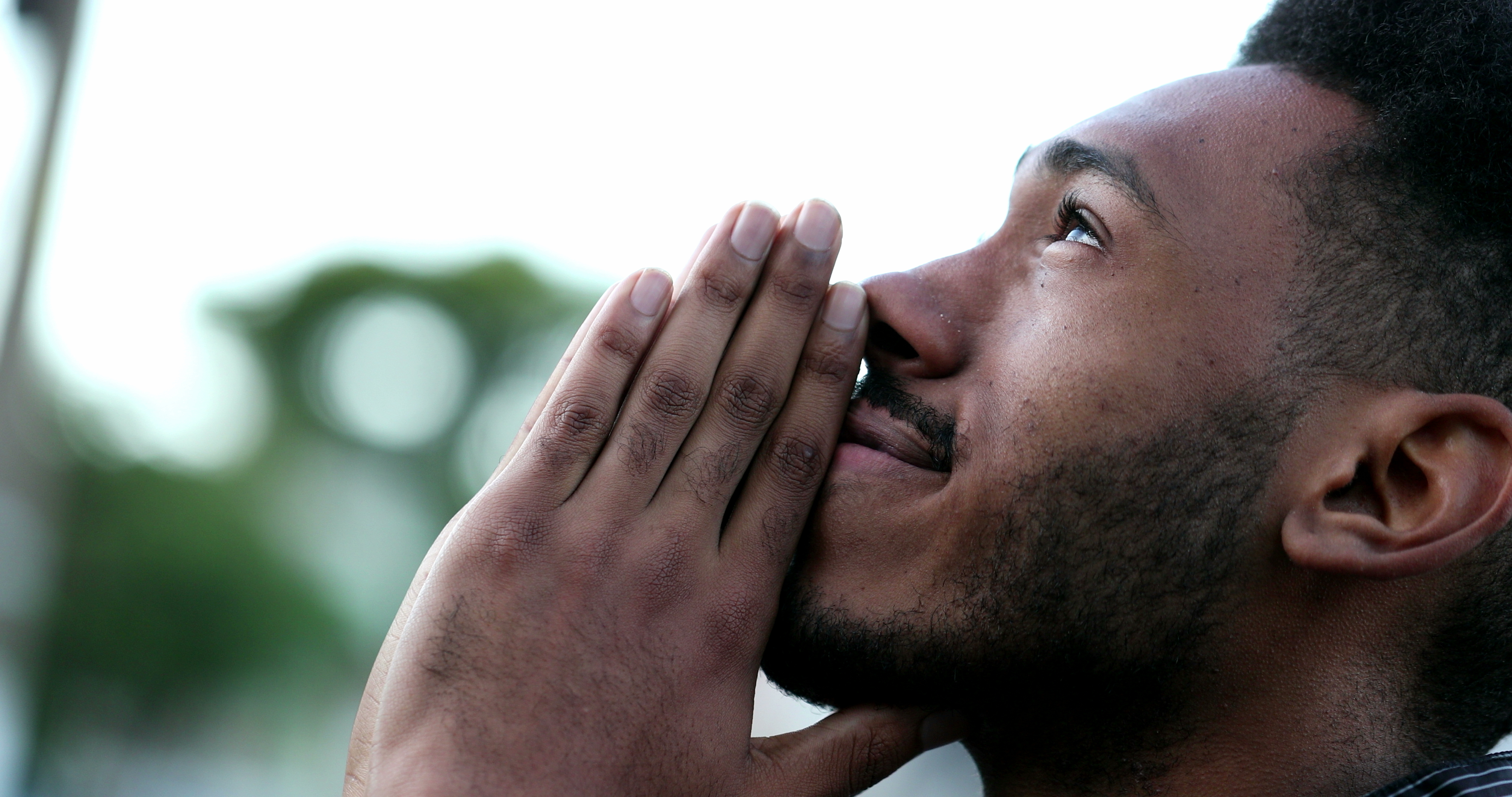Idol was one giant roller-coaster ride, or at least it was for me. Some days I had so much fun. One day we were able to spend time with legendary music producer Quincy Jones. We talked to him about working with Michael Jackson, about the making of Thriller, and about recording songs like “Billie Jean.” On another day I talked with Bon Jovi, who was one of the coolest people I’d ever met. And we all received gifts from celebrities like Jennifer Lopez and Carrie Underwood, who brought us jewelry from Tiffany & Co.
The live performances, however, were not so much fun. I’d sit backstage beforehand and sing “Hold Me Jesus” just to calm my nerves. Sometimes Jordin and Melinda would sit down and sing it with me. They did that a few times, because those moments before we went to face the judges were such a nerve-wracking time.
Jordin received plenty of positive feedback from the judges. Blake Lewis earned great comments too. But me? Every week was different. Unpredictable. One week the judges loved me and the next week I heard, “You stink.”
My mom was mortified whenever Simon would say something negative to me. Sometimes she cried. Every time anybody said or wrote anything negative about me, she took it as a personal attack.
“Is Simon Cowell really that mean?” is often the first question people ask me. And the answer is yes—he really is that mean. But he’s also hilarious. He’s more of a comedian than anything else, but that’s only true if you can handle the heat. If not, as the saying goes, then you’d better stay out of the kitchen. I couldn’t always make out what Simon was saying because it was difficult to hear the judges when standing on the American Idol stage. Depending on the audience’s reaction, we knew when he was saying something harsh. When the audience cheered, we figured it was something good.
There were contestants who thought Simon picked on them quite a bit. Haley Scarnato was irritated by the fact that he commented on her legs, because she liked to wear shorts. There were plenty of things about Simon that bothered each contestant, but remember that everybody was okay enough with him to audition for the show. We all knew what we were getting into.
I was dealing with plenty of my own issues, but Simon’s negativity wasn’t one of them. By the time I made it on the show I was fairly desensitized to criticism. I’d already dealt with that older gentleman back in Wichita who told me what I’d done wrong almost every time I sang in church. And it wasn’t much easier for me at college. Dr. Mauldin had a reputation for being a bit intimidating, but it’s because he pushed us. And he pushed us because he believed in us. And sometimes that was scary. Like the first time I sang a solo in the Lee Singers. He ended his critique with, “You’ll be lucky if I ever give you a solo again.”
What’s crazy is that I wasn’t planning to sing a solo that day. We were performing at a church on Sunday morning, and Dr. Mauldin introduced a song that featured one of the other guys in my section. Dr. Mauldin didn’t realize the other guy wasn’t there until the song started, so he looked at me and said, “You sing it.”
Trouble was, I didn’t know the words. My voice cracked. Honestly, I did a terrible job. But a Lee Singer is supposed to be prepared at all times. Dr. Mauldin would sometimes call out new people and have them sing a number they’d never rehearsed because you were expected to know all the music in the folder. He expected a level of excellence that I grew to appreciate.
Later that same day, on Sunday evening, we performed the song again, and Dr. Mauldin once again had me sing the solo. By then I’d learned it. I did well, and the following week I was assigned my own solo.
It took somebody like Dr. Mauldin, who was willing to be tough on me, to make me better. It was a similar scenario in the Navy. In the military you’re expected to do a job, and if you don’t do it right, you hear about it. So by the time I met Simon Cowell, I’d been through what felt like a lifetime of brutal feedback. It didn’t affect me the same way anymore.
Taken from Made to Worship: Empty Idols and the Fullness of God by Phil Stacey with Thomas Jeffries Copyright © 2021. Used by permission of Focus On the Family. All rights reserved. Represented by Tyndale House Publishers, Inc.

Fame, and the temptations that came with it, led this part-time worship pastor to a dark place. Eventually Phil cut through the confusion, realizing that he was created not for entertaining people or for fame but for one thing―to worship God.
In Made to Worship, Phil shares the exciting details of his quick rise to fame as well as the resulting emptiness it offered him. You’ll be encouraged as you read how Phil escaped the lure of an empty idol and instead experienced the fullness of God. And you’ll be amazed by how God ultimately used Phil’s notoriety to spread the gospel around the world.
You can use your talents and skills to worship God and to share the gospel with others in a unique way that fits you and your family. Read about Phil’s encounter with fame―and how the notoriety from this world-renowned show surprisingly opened doors for Phil to spread the gospel and minister to others. Like Phil, you’ll learn that we only find true fulfillment when we find it in Jesus Christ.
Made to Worship is available at your local or online bookstore. Or you can visit Focus on the Family for more information

Phil Stacey is the worship arts pastor of City Center Church in Lenexa, Kansas. After finishing in the top six on American Idol in 2007, Stacey went on to release country and Christian albums. He’s performed on national television, has teamed up as a featured artist on tours with Michael W. Smith and Natalie Grant, and has headlined thousands of concerts around the world. He and his wife, Kendra, have two daughters.














What do you think?